A NOVEL I can warmly recommend is Cauvery Madhavan’s The Inheritance, set in Glengarriff in the Beara Peninsula, in the very southwest of Ireland.
Cauvery, who lives in Ireland, is an author I know from her debut novel, Paddy Indian, published in 2001. I have been wanting to go to Ireland for some time, and her lyrical writing has convinced me the time is now.
She says: “As a writer, I often head to our tiny cottage in Glengarriff to immerse myself in my writing. The ancient Beara landscape always works its magic on my senses, getting the best writing out of me.”
Cauvery will be speaking at the Irish Writers’ Weekend at the British Library Knowledge Centre on November 23.
Her new novel has been brought out by Rosemarie Hudson’s HopeRoad Publishing, which she established in 2010 to encourage new talent among authors of African, Asian and Caribbean heritage.
In February this year, she joined forces with Peepal Tree Press “to secure and build the diversity of independent publishing in the UK”.
This is a summary of the novel: “It’s 1986 and 29-year-old Marlo O’Sullivan of London-Irish stock has just found out that his sister is his mother. To steady his life, he moves to Glengarriff, to a cottage he has inherited, in the stunning Beara Peninsula. When a neighbour dies unexpectedly, Marlo takes over his minibus service to Cork. There is nothing regular about the regulars on the bus – especially Sully, a non-verbal six-year-old, who goes nowhere, but does the journey back and forth every day, on his own.
“Marlo is landed with this strange but compassionate arrangement, fashioned to give the child’s mother respite from his care. Sully’s obsession with an imaginary friend in the ancient oak forests of Glengarriff slowly unveils its terrible secrets – a 400-hundred-year-old tragedy reveals itself.”
One of the joys of reading I find is that you can dart from book to book like a child let loose in a sweet shop. I am lucky in that I am going through a big pile that currently includes Saqib Iqbal Qureshi’s Being Muslim Today: Reclaiming the Faith from Orthodoxy and Islamophobia; and William Dalrymple’s The Golden Road: How Ancient Transformed The World.
I mention the books in no particular order, but they are a reflection of multicultural Britain.
There is Samia Rahman’s Muslim Women and Misogyny: Myths and Misunderstandings; The Nirvana Express; How the Search for Enlightenment Went West by Mick Brown (a colleague from my Sunday Times days); and Simon McDonald’s Beyond Britannia: Reshaping UK Foreign Policy.
Among Asian writers, crime is certainly a growing genre. I have found a homage to Agatha Christie in Ram Murali’s intriguing Death in the Air. I have three crime novels from Atma Srivastava – It Takes A Girl; Dark Waters; and The Crime She Didn’t Commit. And then there is Death of a Lesser God by Vaseem Khan, the current chairman of the Crime Writers’ Association.
The personal anecdotes of three journalists are fascinating – Fragments Against My Ruin: A Life by Farrukh Dhondy; Thank You Mr Crombie: Lessons in Guilt and Gratitude to the British by Mihir Bose; and Shekhar Bhatia’s Namaste Gezer: Life as a fan and journalist of Asian heritage.
Mishal Husain’s Broken Threads: My Family From Empire To Independence I have set aside to savour on a quiet weekend. Viram Jasani’s Independence To Freedom: “…musa mihi causas memora...” is also excellent. (The Latin is a line from Virgil’s Aeneid that translates to “O Muse, recount to me the causes”.)
There are several books on economics – Return to Growth: How to Fix the Economy by Jon Moynihan; Wall Street’s Assault on Democracy: How Financial Markets Exacerbate Inequalities by Georges Ugeux; and How Big Things Get Done; The Surprising Factors Behind Every Successful Project, from Home Renovations to Space Exploration by Bent Flyvbjerg and Dan Gardner (shortlisted for FT Business Book of the Year).
I hope to soon get on to Multicultural Britain: A People’s History by Kieran Connell; and also look at Hindu Astrology: Myths, Symbols and Realities by Dr Anthony P Stone.
One of our great art historians is Partha Mitter (father of China scholar Rana Mitter). I must go and see him in Oxford to talk about the magnum opus he has edited – 20th Century Indian Art.
Perhaps the next book to read is Ben Macintyre’s The Siege: The Remarkable Story of the Greatest SAS Hostage Drama, currently a bestseller.
The press officer at the embassy who gave me my visa for Iran was killed by the gunmen who broke into the building in Princes Gate. I was in Teheran on the night the SAS rescued the hostages. Even though relations between Iran and Britain had snapped, president Banisadr’s people sought me out so the Iranian government could convey its thanks to Margaret Thatcher for ordering the SAS to go in.
One way and another, for British Asians, London remains the centre of the publishing world. What is different is that more and more books are being written by British Asians. I will get through my pile.






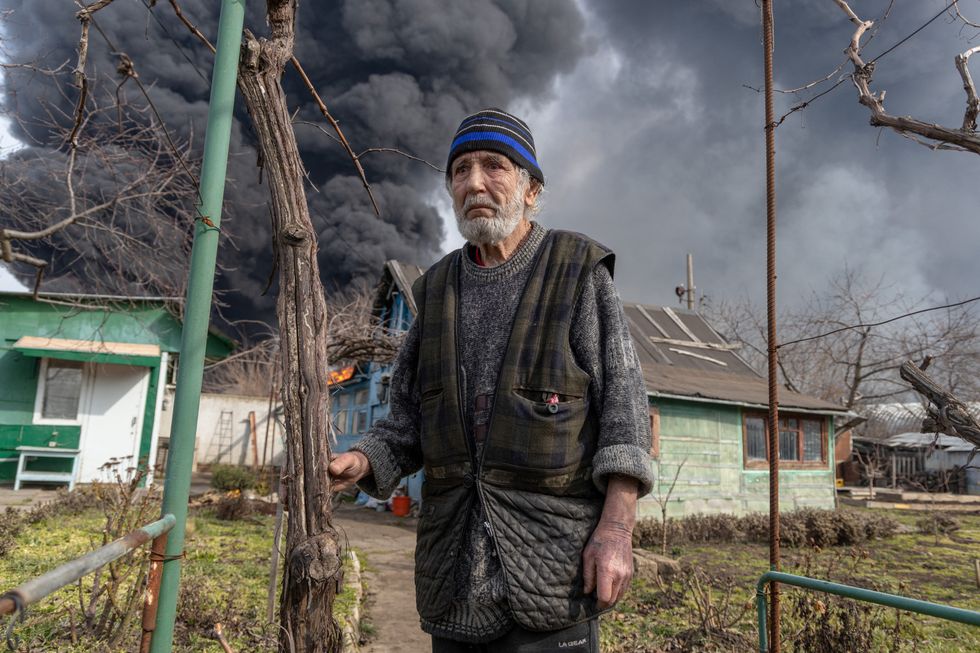 A resident in Odessa, Ukraine, as smoke rises from a fire following a strike earlier this month amid the Russian invasion
A resident in Odessa, Ukraine, as smoke rises from a fire following a strike earlier this month amid the Russian invasion











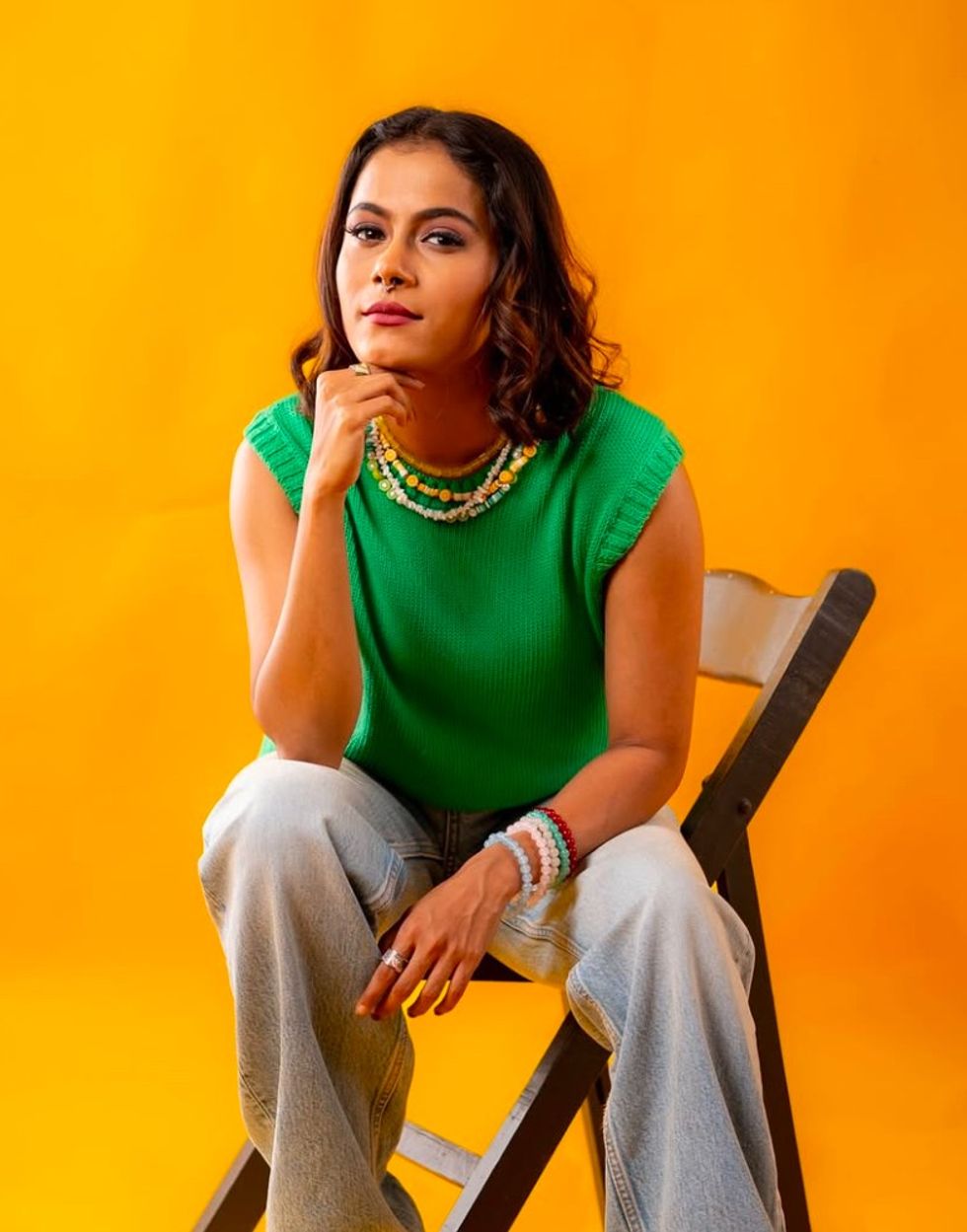 Shweta Warrier
Shweta Warrier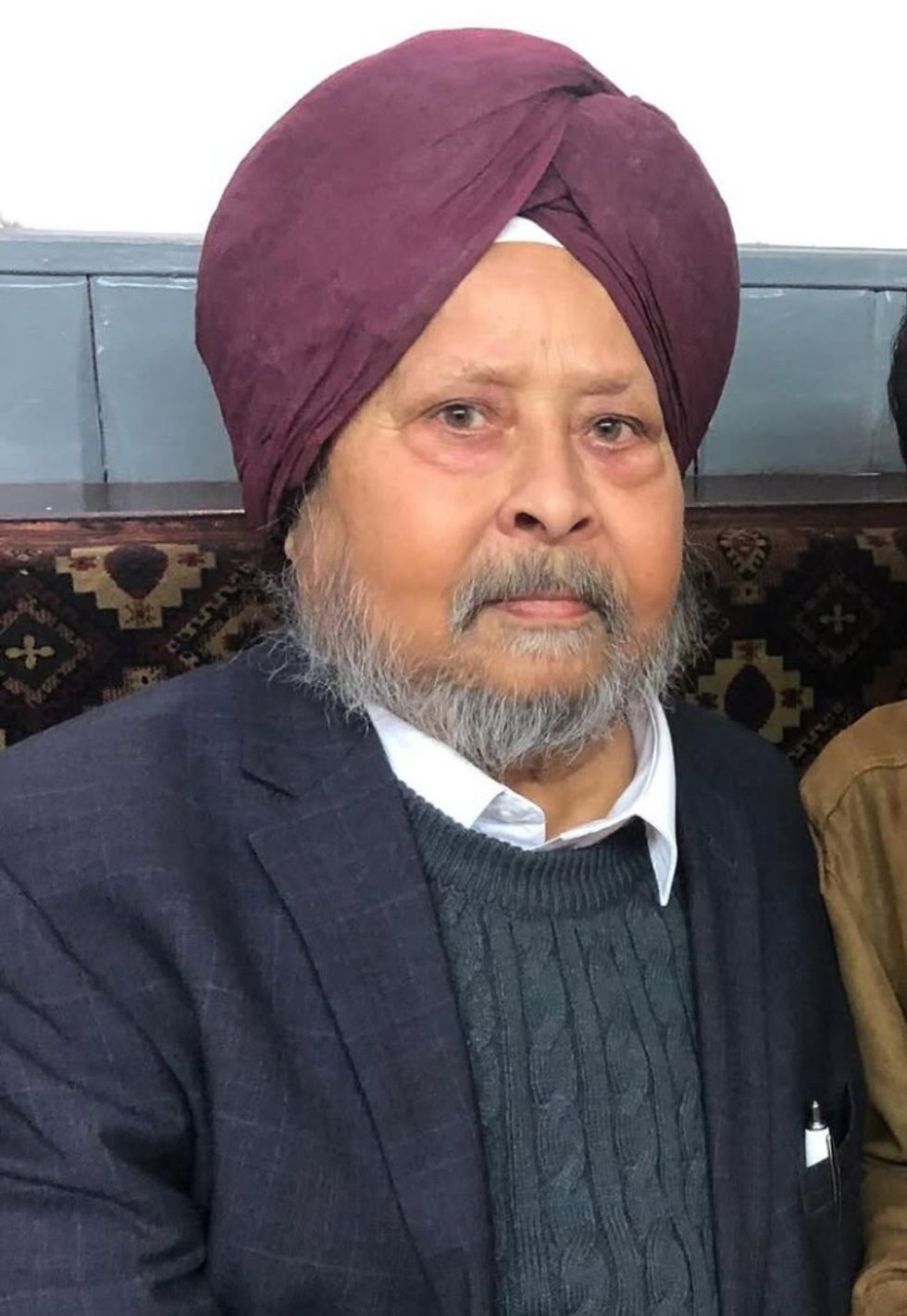 Harbans Singh Jandu
Harbans Singh Jandu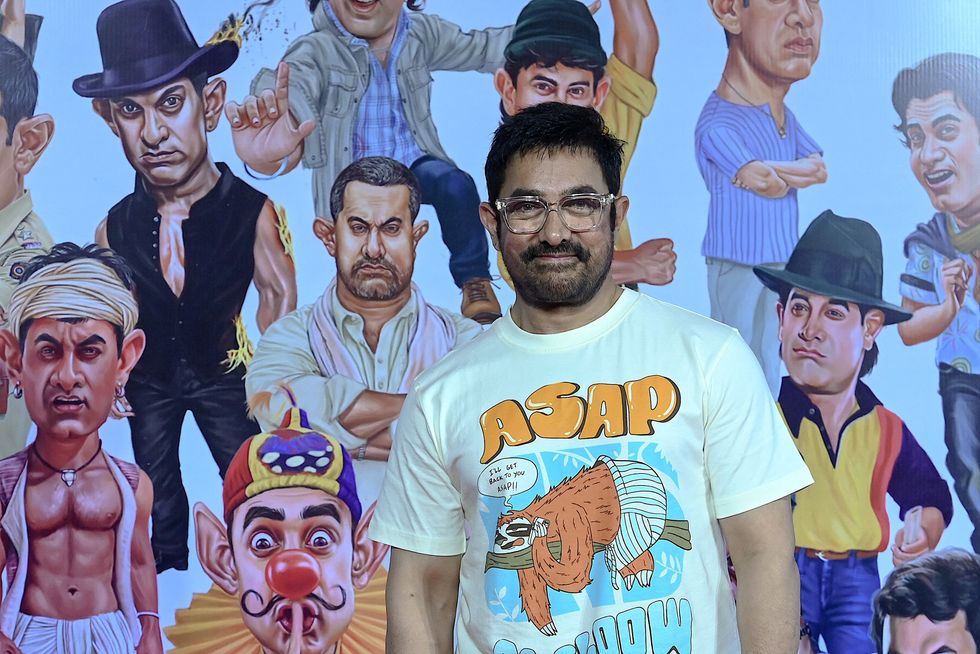 Aamir Khan
Aamir Khan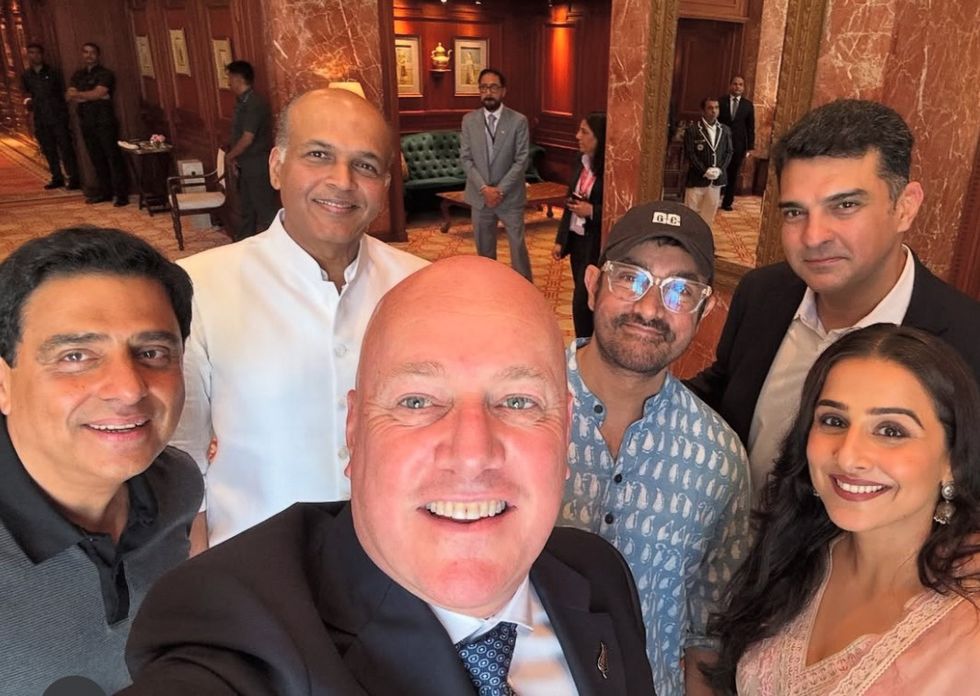 Ronnie Screwvala, Ashutosh Gowariker, Christopher Luxon, Aamir Khan, Siddharth Roy Kapur and Vidya Balan
Ronnie Screwvala, Ashutosh Gowariker, Christopher Luxon, Aamir Khan, Siddharth Roy Kapur and Vidya Balan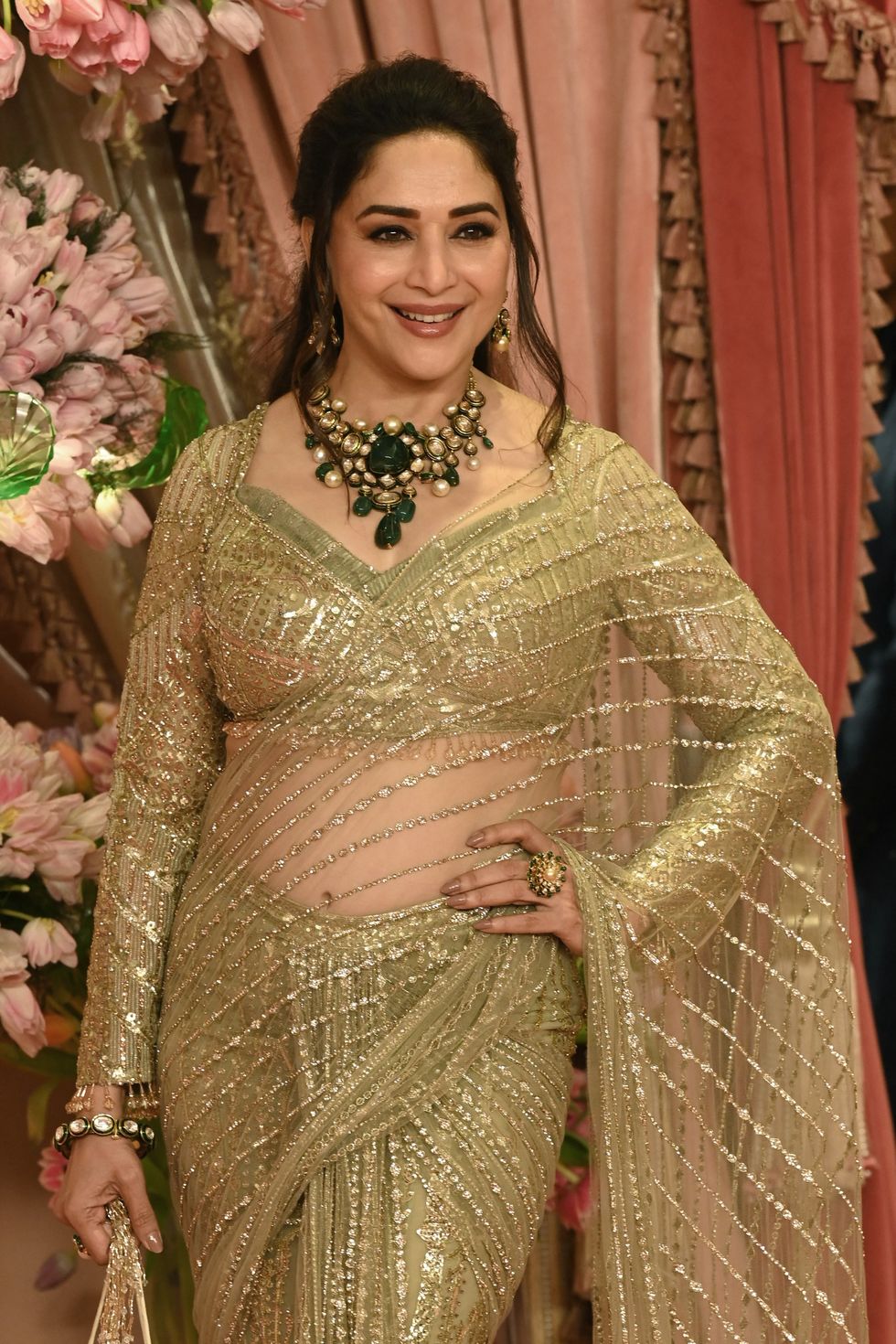 Madhuri Dixit
Madhuri Dixit



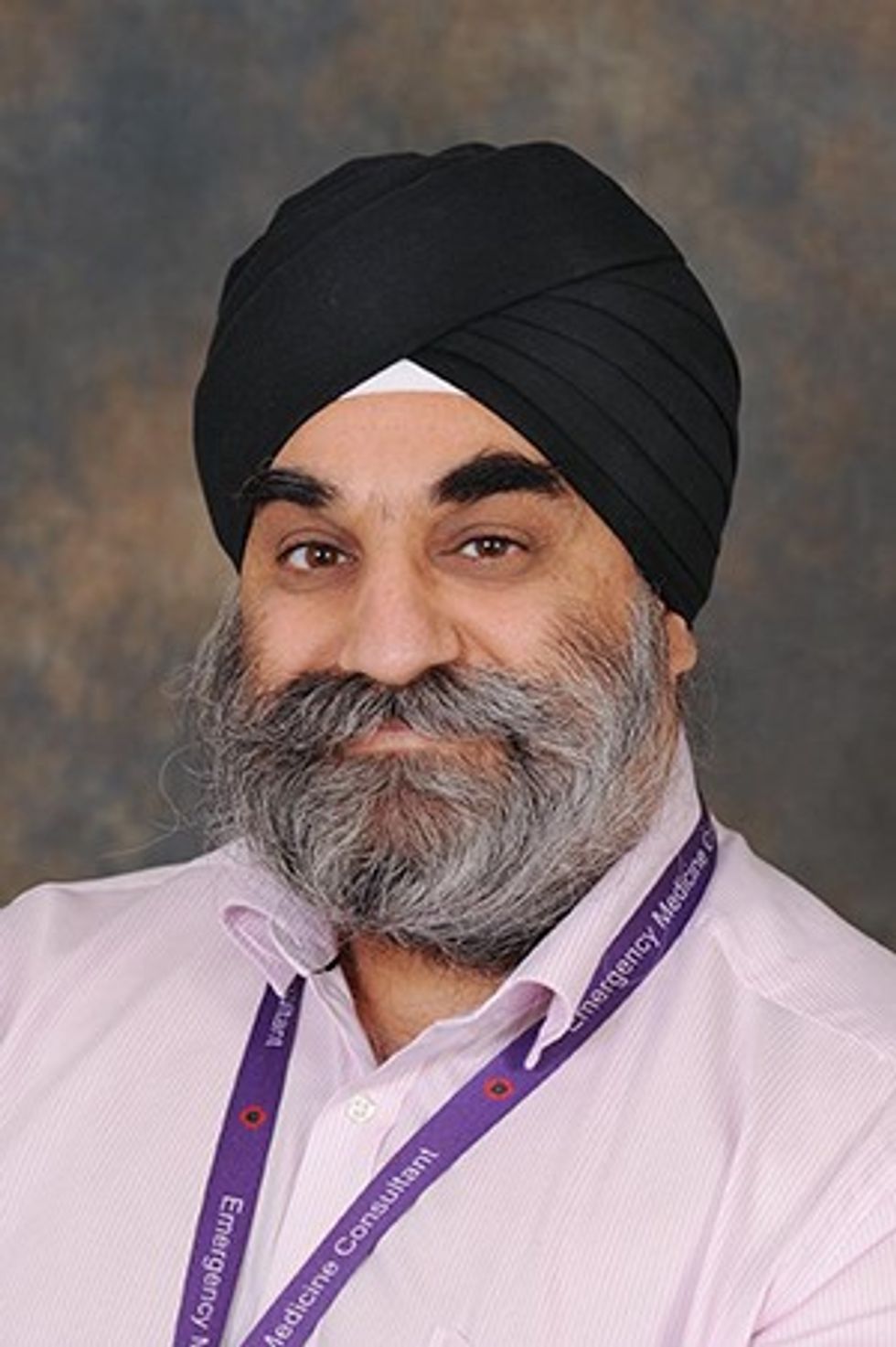 Manjeet Singh Riyat
Manjeet Singh Riyat